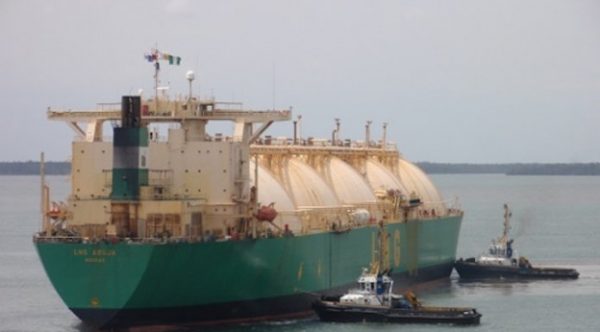US Oil Settles At 0.62 % Higher At $48.52
Oil

prices dipped on Friday, retreating from eight-week highs, as market participants took profits from one of this year’s strongest rallies in crude that analysts called fundamentally unjustified.
Crude futures have surged nearly $10 a barrel, or almost 25 percent, in just over two weeks on speculation that Saudi Arabia and other members of the Organization of the Petroleum Exporting Countries (OPEC)will agree next month to a production freeze deal with non-OPEC members led by Russia.
“We would argue that improved fundamentals are not a key reason for the recent price bounce,” analysts at Morgan Stanley said in a note.
“Crude oil demand is anemic, gasoline demand has decelerated globally, and China crude oil imports are likely to decelerate,” the analysts said, adding that supply could surprise to the upside in a number of countries.
International benchmark Brent crude oil futures were trading down 17 cents at $50.72 per barrel, but on pace for a roughly 8 percent gain on the week. The session peak was $51.22, the highest since June 22.
U.S. West Texas Intermediate (WTI) crude futures rose 30 cents to $48.52 a barrel. For the week, U.S. oil gained more than 9 percent from last Friday’s close of $44.19. They earlier reached $48.75, its highest since July 5.
“We feel that this month’s approximate $9 crude advance could easily be followed by an equivalent sized price decline next month,” Jim Ritterbusch of Chicago-based oil markets consultancy Ritterbusch & Associates.
“The US production factor has taken on a more bearish appearance as the oil rig counts have increased appreciably,” Ritterbusch said, ahead of another rise in weekly U.S. rig count reading.
Oilfield services firm Baker Hughes reported the number of rigs operating in U.S. fields rose for an eighth consecutive week, increasing by 10 to a total of 406. The report marked the first time the count has exceeded 400 since February.
At this time last year, the oil rig count stood at 674.
Also on Friday, the dollar rose nearly half a percent against a basket of currencies, making greenback-denominated oil more expensive to holders of other currencies.
OPEC will hold an informal meeting in Algeria next month with producers outside the group. Some in the market have speculated that a production sharing deal might be in the works.
Saudi Arabia has helped stoke that perception, after scuttling a similar plan in April. Many, including OPEC member Nigeria, do not think there will be a deal.
Nigerian oil minister Emmanuel Ibe Kachikwu said on Thursday that while a cut in OPEC production is unlikely, there is hope a meeting of producers in Algeria next month could help shore up crude prices.
However, analysts and traders warned the rally was overblown, especially since planned talks between the OPEC and other major producers like Russia to rein in on ballooning overproduction were unlikely to lead to a reduced supply overhang.
Data showed Iraq has resumed pumping oil from fields operated by the state-run North Oil Company via a Kurdish pipeline to Turkey for the first time since March at a rate of around 70,000 barrels per day, with plans to double the volume next week.
In Libya, the National Oil Corporation began to load a tanker with crude from storage tanks at the country’s eastern Zueitina port, which has been shut since November.
Meanwhile, Iran’s crude oil production was flat in June at 3.610 million bpd, official data
showed on Friday. Iran has been the main stumbling block in a global production freeze initiative, insisting it will be ready for joint action only after it regains output levels seen before sanctions of 4 million bpd.











